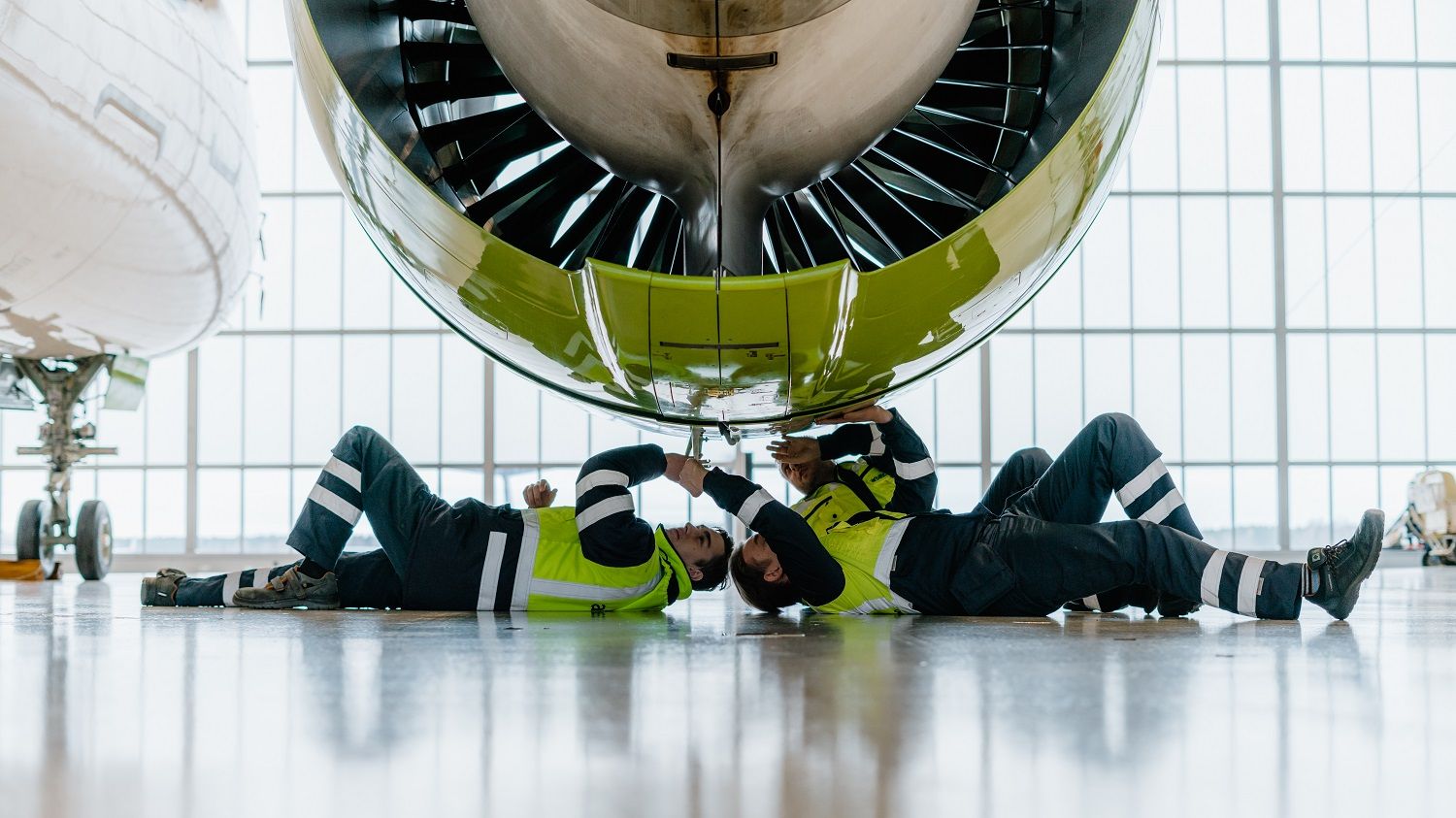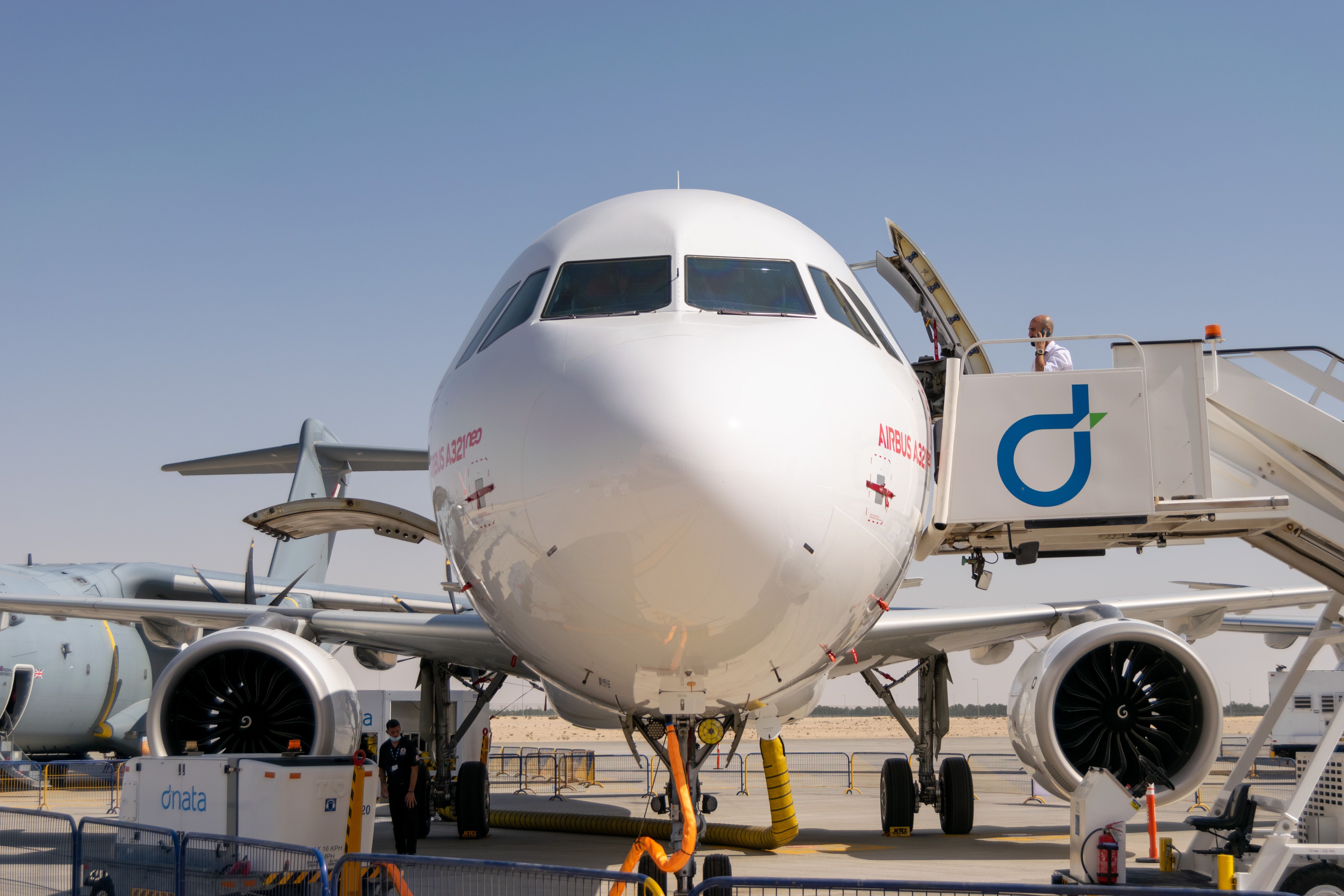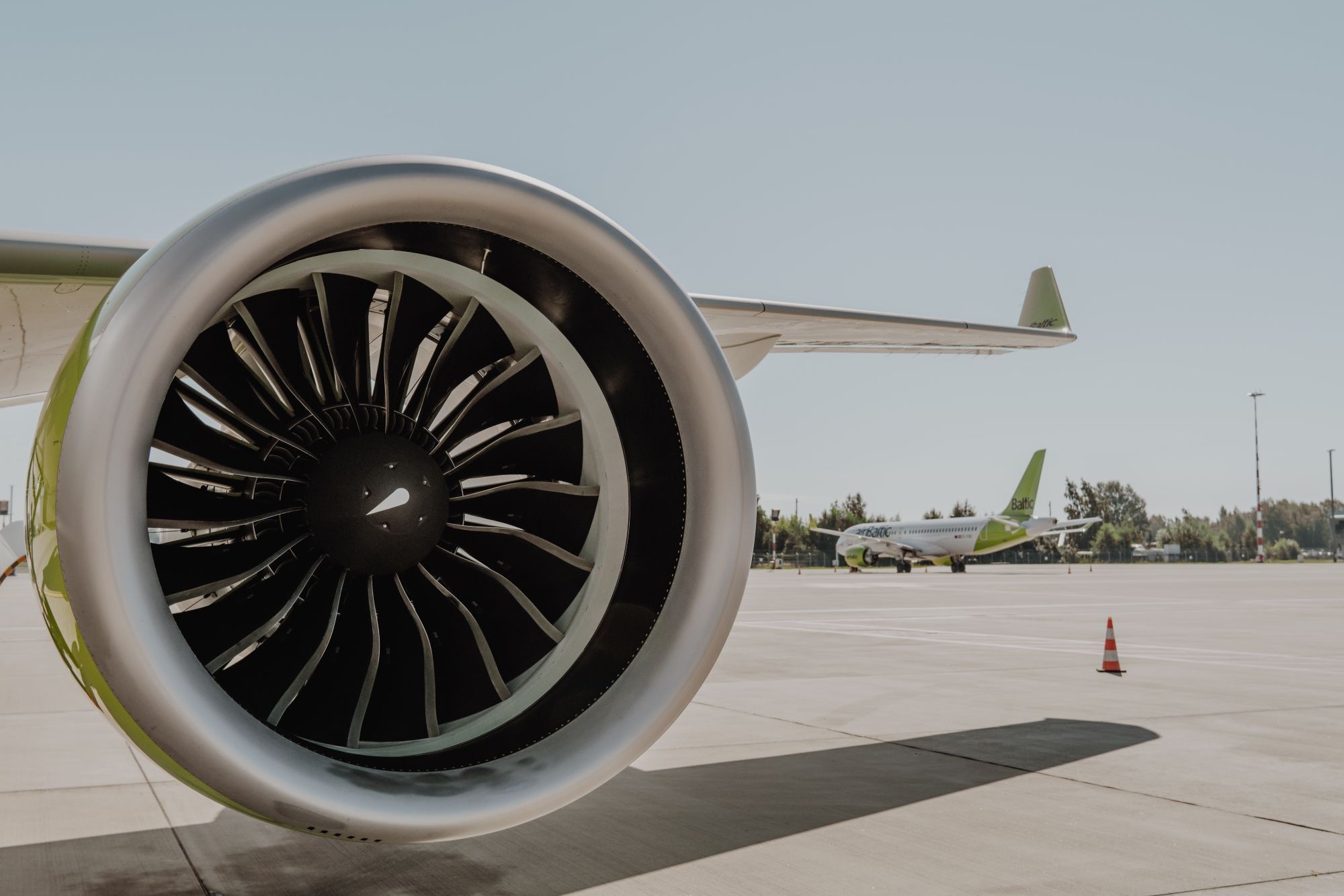Aircraft engines are expensive machines that require novel materials and routine maintenance. A well-researched and robust engine design is essential to power aircraft that lift passengers and cargo off the ground and fly long distances.
The cost of the engine depends on the size and mission requirements. A modern commercial engine costs anywhere between $10 million and $50 million, depending on the size and power capability. With such a large investment, customers must be assured that the product comes with operational support from the OEM. Engine manufacturers typically offer numerous after-market support programs to their customers as part of the program.
Power-by-the-hour agreement
In the first few years of a newly manufactured engine, it is maintained by the OEM and contracted as power-by-the-hour (PBH). A PBH contract requires engine operators to pay an agreed-upon price to the OEM for each hour the engine is operated. For older or more well-used engines, third-party MRO (Maintenance Repair Overhaul) shops also provide similar services.
Numerous MROs provide component, performance restoration, and complete overhaul services for modern commercial aircraft engines. Such services also offer access to rotatable parts on a pool basis. For large customers, it is common for the MRO to carry a stock of common parts to reduce turn-around time during engine shop visits.
CFM International offers a similar after-market agreement for its LEAP engines, called the rate-per-flight hour (RPFH) agreement. The RPFH agreement by CFM is a long-term contract offered to customers worldwide.
In September 2021, Air Travel of China agreed to a 12-year LEAP-1A engine rate per flight hour (RPFH) contract with CFM International. Valued at $992 million at list price, the agreement includes purchasing LEAP-1A spare engines and guarantees maintenance costs for 16 LEAP-1A engines (for Airbus A320neos) on a dollar-per-engine flight hour basis.
Material Service Agreements (MSA)
A material service agreement covers engine spare parts, component repair, and used serviceable part upgrades for customers. These agreements are usually offered for used engines. The OEMs typically offer material service agreements because they have access to the new and used OEM parts.
Moreover, advanced repairs and on-wing are also provided under such agreements. In July 2022, Korean Air signed a five-year material service agreement with General Electric for spare parts, repair, and upgrades on its GE90-115B engines.
Time & Material (T&M)
Unlike the fixed-price contract, the customer pays an agreed-upon increment for the job done by the service provider, and the payment is based on the agreed hourly or daily rate. Both OEMs and MROs offer T&M services to customers. OEMs generally only offer T&M contracts for newer engines.
When the production of the engine has ended, MROs provide such services due to their expertise in the engine. Such agreements benefit customers who operate the same engine type on various aircraft and under varying conditions. These contracts allow the customers more flexibility and control over the work scope.
What are your thoughts on the different types of aftermarket support contract engine manufacturers provide to their customers? Tell us in the comments section.



